Colorado Public Adjuster: Protecting Your Property Claim in the Rocky Mountain State
.svg)
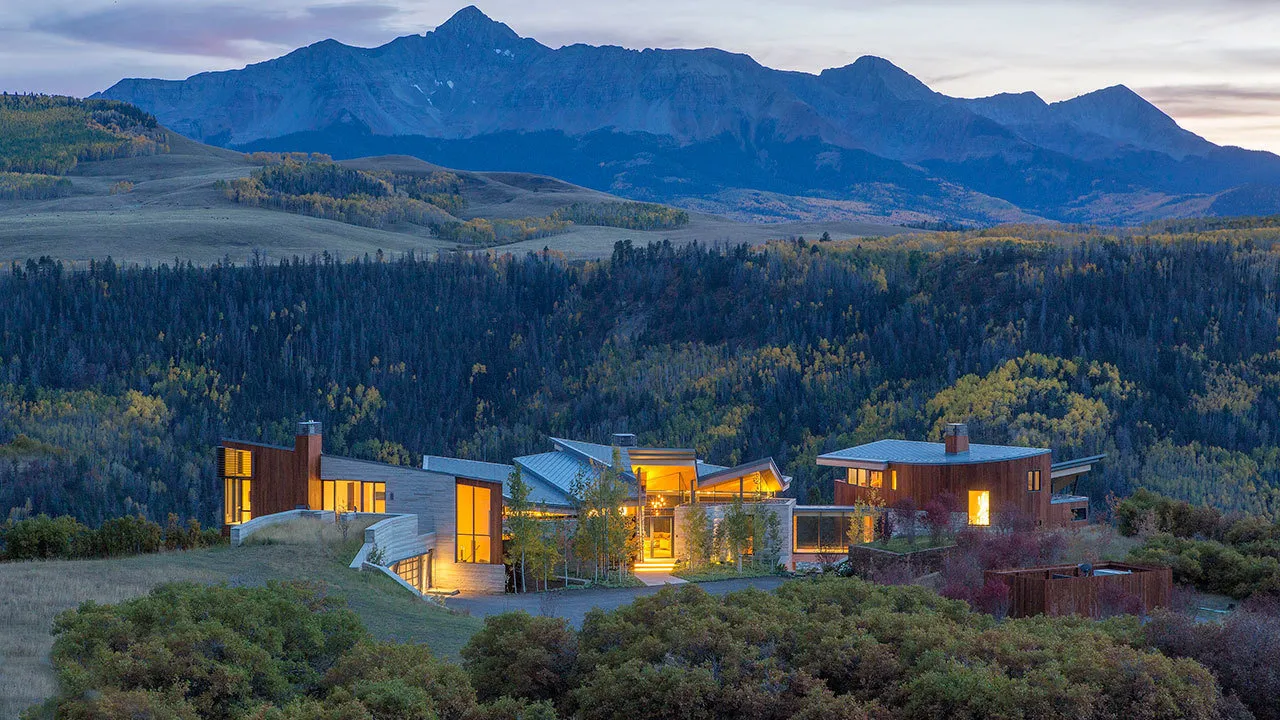
Why a Colorado Public Adjuster Is So Important After a Property Loss
When a hailstorm shreds your roof in Denver, a frozen pipe bursts in Colorado Springs, or a wildfire threatens homes near the Front Range, property damage hits fast and hard. In those first hours and days you are worrying about safety, cleanup, and where you are going to stay if your home is unlivable. Only later do most people realize that the real obstacle to getting back to normal is not just the physical damage—it is the insurance claim. That is exactly where a Colorado public adjuster becomes essential.
A Colorado public adjuster is a licensed insurance professional who works exclusively for you, the policyholder. The insurance company will send its own adjuster, but that person is there to protect the company’s financial interests. Their job is to interpret your policy in a way that aligns with the carrier’s guidelines, control costs, and close files efficiently. A Colorado public adjuster is on the other side of that equation. They are hired by you and owe you a professional duty to evaluate your loss, interpret your policy fairly from your point of view, and pursue the maximum settlement available within the coverage you purchased.
Colorado’s climate and geography create claim scenarios that are far more complex than many property owners expect. Along the Front Range, large hail, heavy snow, ice, and high winds are common. Roofs, siding, windows, and exterior systems take a beating year after year. In the mountains, heavy snow loads, ice dams, and freeze-thaw cycles can cause subtle but serious damage to roofs and structures. Across the state, plumbing systems are stressed by winter temperatures, and water damage from frozen pipes is an ongoing problem. Wildfires pose a serious threat in many areas, from foothill communities to forested mountain towns. Each of these hazards triggers complicated coverage questions that a Colorado public adjuster is trained to spot and address.
Insurance policies are contracts, not simple promises. They are written in technical language and filled with definitions, endorsements, exclusions, and conditions that can dramatically affect the outcome of a claim. Whether your loss is categorized as sudden and accidental, whether a water backup endorsement applies, how depreciation is calculated on your roof, and whether building code upgrades are covered can change your settlement by thousands or even hundreds of thousands of dollars. A Colorado public adjuster has the specific job of reading and applying that language from a policyholder’s perspective instead of accepting the insurer’s narrow interpretation.
Timing is another factor that makes professional help important. After a major hail event or wildfire, insurers may be flooded with claims. Company adjusters are under pressure to move quickly, write short estimates, and get checks out the door. Those first estimates often understate the true cost of restoring the property correctly in Colorado’s construction market. Without a Colorado public adjuster advocating for you, you may feel compelled to accept an early payment because you are exhausted, displaced, or worried about contractors and deadlines. The public adjuster slows things down to the right pace, ensures the damage is fully understood and documented, and then negotiates from a position of knowledge rather than urgency.
Most of all, a Colorado public adjuster gives you something that is hard to put a price on: a sense of control and clarity. Instead of trying to decipher policy language, juggle contractors, and respond to insurer requests on your own, you have an expert in your corner explaining what is happening, why it matters, and what your options are. That expert guidance turns a confusing, intimidating process into a structured plan for recovery.
What a Colorado Public Adjuster Actually Does for Your Claim
Many people know in a general sense that a Colorado public adjuster “helps with claims,” but they are not aware of how comprehensive that help can be. In reality, a skilled public adjuster manages nearly every technical, strategic, and administrative part of your property claim—from the initial review to the final settlement check.
The first step is always information gathering and policy analysis. A Colorado public adjuster will ask you to describe the loss: when it occurred, what caused it, which parts of the property are affected, and what emergency measures have been taken. They will review any letters or emails you have received from the insurer and any estimates or payments that may already have been issued. Then they obtain and analyze your full policy, including the declarations page, policy jacket, and all endorsements. They want to understand your limits, deductibles, special coverages, and exclusions, as well as any time-sensitive requirements such as notice provisions or proof-of-loss deadlines. This detailed policy review is the legal foundation for everything that happens next.
Next comes an on-site inspection that goes much deeper than most company inspections. A Colorado public adjuster will walk the entire property, inside and out, documenting both obvious and subtle damage. In a hail claim, that means looking beyond the roof surface to vents, flashing, gutters, siding, decks, fences, and even personal property such as outdoor furniture. In a water loss, they will examine ceilings, walls, flooring, cabinetry, and structural components, often using moisture meters or other tools to detect hidden damage. In a fire claim, they consider not only the burned area but also smoke migration, odor, and potential contamination in ductwork, insulation, and contents.
From that inspection, the Colorado public adjuster prepares a detailed estimate of the cost to restore the property. This is not a generic guess; it is built using specialized estimating software commonly used in the insurance industry, with line-by-line pricing for labor, materials, demolition, debris removal, cleaning, and reconstruction. The difference is that a public adjuster ensures the estimate reflects real Colorado labor rates, local material costs, and the full scope of work required to complete repairs properly under current building codes. They account for issues like roof ventilation requirements, ice and water shield, snow load considerations, and energy efficiency standards that are specific to Colorado’s environment.
Documentation is where a Colorado public adjuster truly adds value. They organize photographs, videos, diagrams, engineer reports if needed, contractor proposals, invoices from mitigation companies, and inventories of damaged personal property or business contents. For homeowners, that might include lists of furniture, electronics, clothing, and household items. For businesses, it can involve equipment, inventory, fixtures, and signage. Everything is categorized and tied back to the cause of loss and the relevant policy provisions, creating a claim package that is clear, thorough, and difficult for the insurer to discount.
Once the documentation and estimate are ready, the Colorado public adjuster presents them to the insurance company as a formal claim or supplemental demand. This is where strategy comes into play. The submission typically includes a written explanation of how the loss occurred, why it is covered, what the damage encompasses, and how the costs were calculated. The goal is to proactively address questions or objections the insurer is likely to raise, rather than waiting for them and responding piecemeal.
After the insurer reviews this material, negotiations begin. The company may respond with its own estimate that is lower in amount or narrower in scope, or it may question specific line items. The Colorado public adjuster goes through these responses carefully, identifying where the insurer’s position is inconsistent with the policy, incomplete, or simply unrealistic given Colorado’s construction environment. They reply with clarifications, additional documentation, and arguments rooted in contract language and building realities rather than emotion.
This back-and-forth may involve joint inspections where the public adjuster walks the property alongside the insurer’s adjuster, pointing out overlooked damage and explaining why certain repairs or replacements are necessary. In complex claims, engineers, industrial hygienists, or specialty contractors may be involved. The Colorado public adjuster coordinates these efforts, ensuring that expert opinions support the claim instead of muddying the waters.
If the insurer remains unwilling to pay what the public adjuster believes is a fair amount under the policy, the next step might be invoking the appraisal clause in the policy, which is a form of alternative dispute resolution. In some cases, the adjuster may recommend consulting an attorney if there are indications of bad faith. While a Colorado public adjuster is not a lawyer, the detailed file they build—photos, estimates, expert reports, correspondence—becomes a powerful tool if the dispute escalates.
Throughout all of this, the public adjuster keeps you informed. You are updated on what has been submitted, how the insurer has responded, and what strategies are being used to move the claim forward. Instead of feeling left out of your own claim, you are part of a planned, professional process guided by someone whose only loyalty is to you.
Common Colorado Property Claims and How a Public Adjuster Handles Them
Colorado has its own distinctive pattern of property claims, shaped by the state’s weather, terrain, and building practices. A Colorado public adjuster spends much of their time working within these patterns and understands how insurers tend to handle each type of loss. That experience directly benefits you when it is your turn to file a claim.
Hail and wind claims are among the most common in Colorado, especially along the Front Range corridor from Pueblo to Fort Collins. Year after year, storm systems bring hailstones that can bruise, crack, or puncture roofing materials, dent metal components, and damage siding, windows, and exterior fixtures. Insurance companies may try to limit these claims by approving spot repairs, arguing that damage is cosmetic only, or using aggressive depreciation because of roof age. A Colorado public adjuster knows how to evaluate the functional impact of hail, document broken seals, granule loss, and compromised roofing systems, and argue for full roof replacement when patching is inadequate or would leave the property mismatched and vulnerable to future problems.
Water damage from frozen pipes, appliance failures, and roof leaks is another major category. In a state where winter temperatures can drop dramatically, a few hours without heat can lead to burst pipes and widespread interior damage. Water can run through multiple levels of a home or commercial building, affecting drywall, insulation, flooring, electrical systems, and personal property. Insurers may focus on immediately visible damage and underestimate the extent of moisture intrusion. A Colorado public adjuster uses moisture readings, careful inspection, and, when needed, specialized testing to identify all affected materials so that drying, demolition, and reconstruction are planned properly instead of piecemeal.
Wildfire and smoke claims, unfortunately, have become increasingly familiar in parts of Colorado. Even when flames do not reach the structure, smoke and ash can travel long distances, infiltrating homes and businesses through vents, windows, and small openings. The results can include pervasive odors, residue on surfaces, and contamination of contents and HVAC systems. Insurance companies may attempt to downplay these effects or approve limited cleaning. A Colorado public adjuster understands how smoke behaves, how to document contamination, and how to coordinate with qualified restoration firms to develop a realistic scope of cleaning, sealing, and replacement where necessary.
Snow and ice-related damage also plays a role in Colorado claims. Heavy snow loads can stress roofs and decks, while ice dams can force water under shingles and into building assemblies, causing interior leaks long after the snow has fallen. Insurers sometimes characterize these issues as long-term deterioration rather than storm-related damage. A Colorado public adjuster is familiar with how ice dams form, how to distinguish sudden events from gradual wear, and how to present evidence that connects specific damage to covered weather events.
For commercial properties, claims often involve not just physical damage but business interruption. When a restaurant in Denver has to close for repairs after a water loss, or a retail store in Boulder must shut down due to smoke contamination, the loss of revenue can be severe. Policies may provide coverage for lost income, continuing operating expenses, and extra costs incurred to keep the business running. A Colorado public adjuster with commercial experience helps gather financial records, analyze past performance, and calculate realistic projections so that business interruption claims are well supported and less vulnerable to insurer challenges.
There are also specialized situations involving mountain cabins, ski town condominiums, homeowner associations, and rental properties. These claims can involve multiple insured parties, overlapping policies, and complex questions about who is responsible for what. A Colorado public adjuster is used to navigating these multi-layered scenarios, coordinating with associations, property managers, and individual owners to ensure that all applicable coverage is tapped in the right way.
In every one of these claim types, what a Colorado public adjuster brings is a combination of local understanding and technical skill. They know how Colorado’s weather impacts buildings over time, how local building codes influence repair requirements, and how insurers have historically approached similar losses. That context allows them to anticipate carrier arguments and prepare stronger, more complete claims from the outset.
How to Choose the Right Colorado Public Adjuster for Your Situation
Once you decide that you want a Colorado public adjuster involved in your claim, the next crucial step is choosing the right professional or firm. Not all public adjusters are the same, and the one you select will have a direct impact on your financial recovery and your experience during the claim.
Start with licensing and regulatory status. Public adjusters in Colorado must be properly licensed to represent policyholders. You should feel completely comfortable asking for license details and verifying that the license is current and in good standing. A reputable Colorado public adjuster will be transparent about their credentials and should have no hesitation in providing proof.
Experience is equally important, but it is not just about years in the field. Ask potential adjusters what types of claims they handle most frequently. Do they primarily work on residential hail and wind claims, large commercial property losses, wildfire and smoke claims, or complex water and mold cases? Ideally, you want a Colorado public adjuster whose regular workload includes claims similar in size and complexity to yours. Their familiarity with your type of loss means they have already seen—and solved—many of the challenges likely to arise in your case.
Local knowledge also matters a great deal. Colorado’s mix of urban, suburban, and mountain communities means construction practices and costs vary significantly from place to place. A Colorado public adjuster who regularly handles claims throughout the state will understand local roof systems, typical exterior finishes, regional labor rates, and how different building departments enforce codes. That understanding strengthens their position when they argue for certain repair methods or pricing during negotiations with insurers.
Communication style and customer service should be part of your evaluation as well. During your first conversation with a Colorado public adjuster, pay attention to how they explain their role and the claim process. Are they patient and clear, or do they speak in jargon? Do they listen to your concerns and ask detailed questions about your situation, or do they rush to sign you up? Because claims can take months to resolve, you want someone who will keep you informed, respond to your questions, and treat you with respect throughout the entire process.
Fee structure is a practical but essential consideration. Most Colorado public adjusters work on a contingency basis, meaning they are paid a percentage of the settlement they obtain for you. Make sure you understand what that percentage is, whether it applies to all claim payments or only to additional amounts above what the insurer initially offered, and how any costs or expenses are handled. A trustworthy adjuster will put all of this in writing, walk you through the agreement, and answer your questions before asking you to sign.
It is also helpful to ask about support resources and professional networks. Complex claims may require structural engineers, roofing consultants, industrial hygienists, or forensic accountants. A well-established Colorado public adjuster typically has relationships with reliable experts and knows when to bring them in to strengthen your case. That network can make a critical difference if the insurer challenges the cause of damage, the extent of loss, or the cost of repairs.
Finally, trust your instincts. After speaking with a potential Colorado public adjuster, consider how you feel. Do you have more clarity about your situation, or are you more confused? Do you feel pressured, or do you feel heard and supported? You are putting significant trust in this person to handle a high-stakes financial matter that affects your home or business. The right public adjuster will leave you feeling more confident and better informed from the very beginning.
Conclusion
Property damage in Colorado can be sudden, costly, and deeply disruptive, whether it is caused by hail, wind, fire, frozen pipes, or heavy snow. While insurance is supposed to protect you in these moments, the reality is that the claim process often feels stacked in favor of the carrier: complex policies, rushed inspections, underestimated repairs, and settlement offers that fall short of what you truly need to rebuild. A Colorado public adjuster exists to change that balance. By thoroughly reviewing your policy, carefully documenting every aspect of your loss, preparing detailed and realistic repair estimates, and negotiating directly with the insurer on your behalf, a skilled Colorado public adjuster transforms a confusing, stressful claim into a structured path toward recovery. Instead of standing alone against a powerful company, you have an experienced advocate whose only job is to protect your interests and secure the full benefits your coverage promises. For homeowners, landlords, and business owners across Colorado, that kind of focused representation can be the difference between a partial recovery and a complete, confident return to normal life.



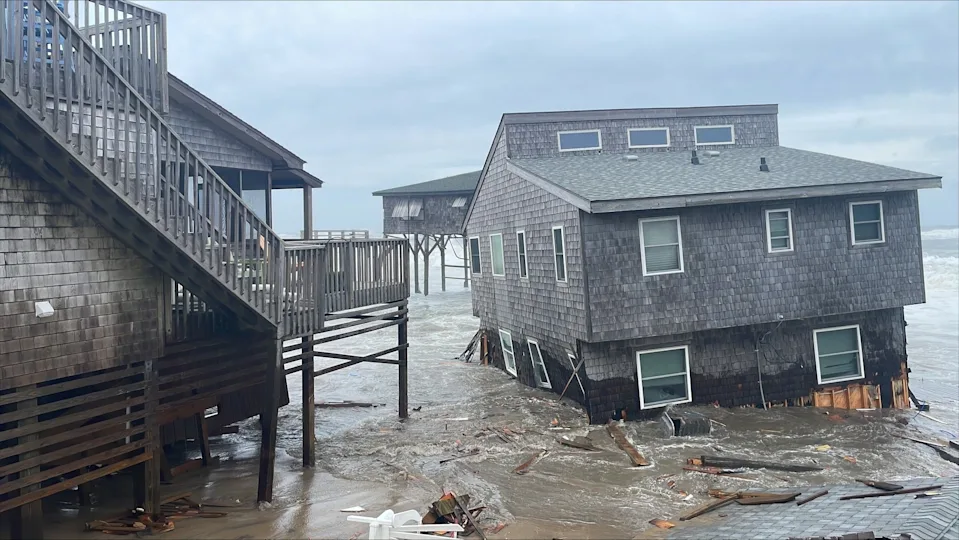
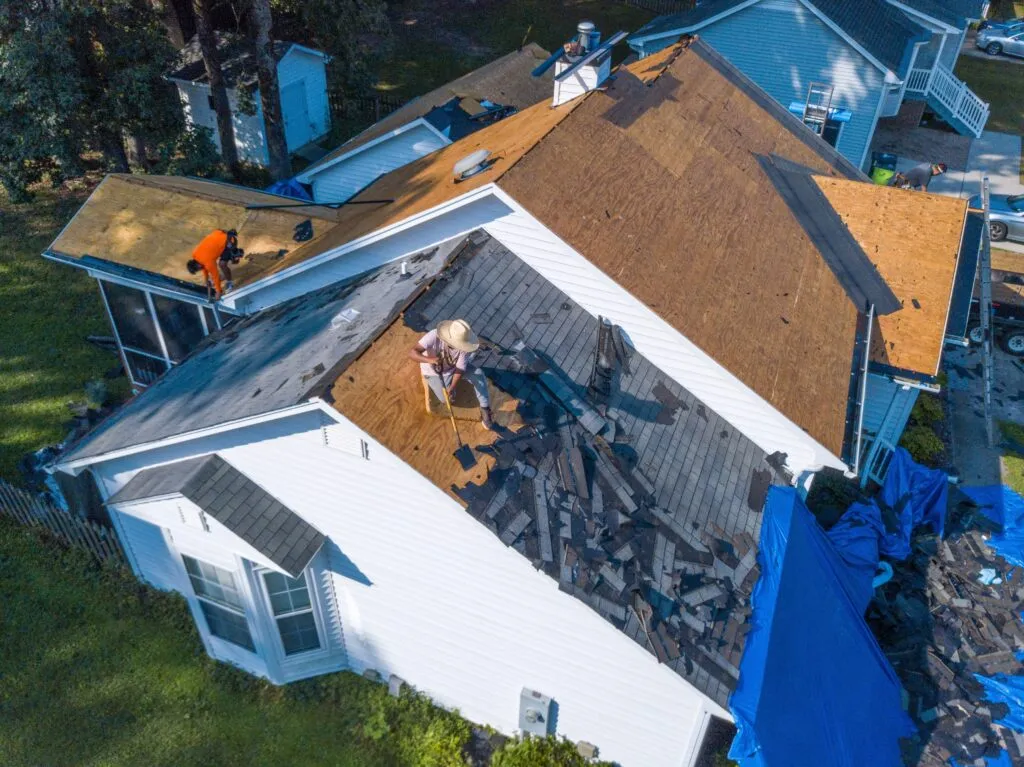

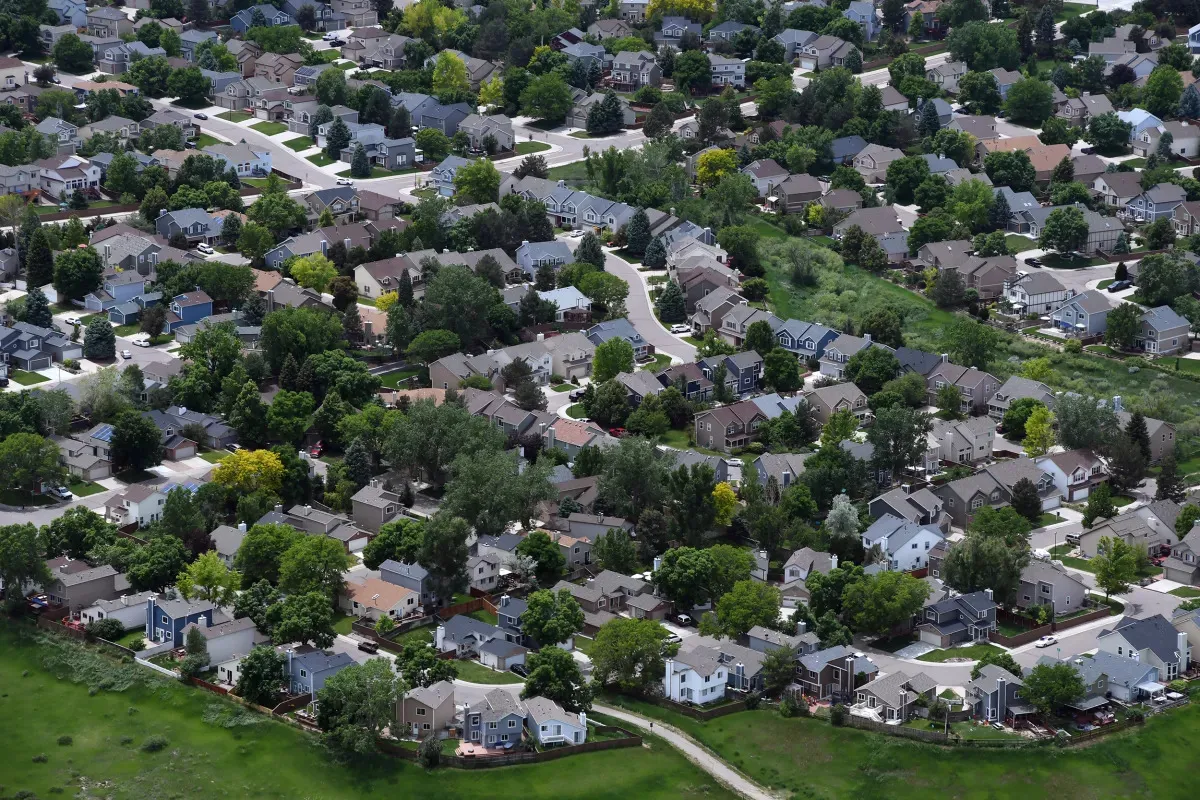
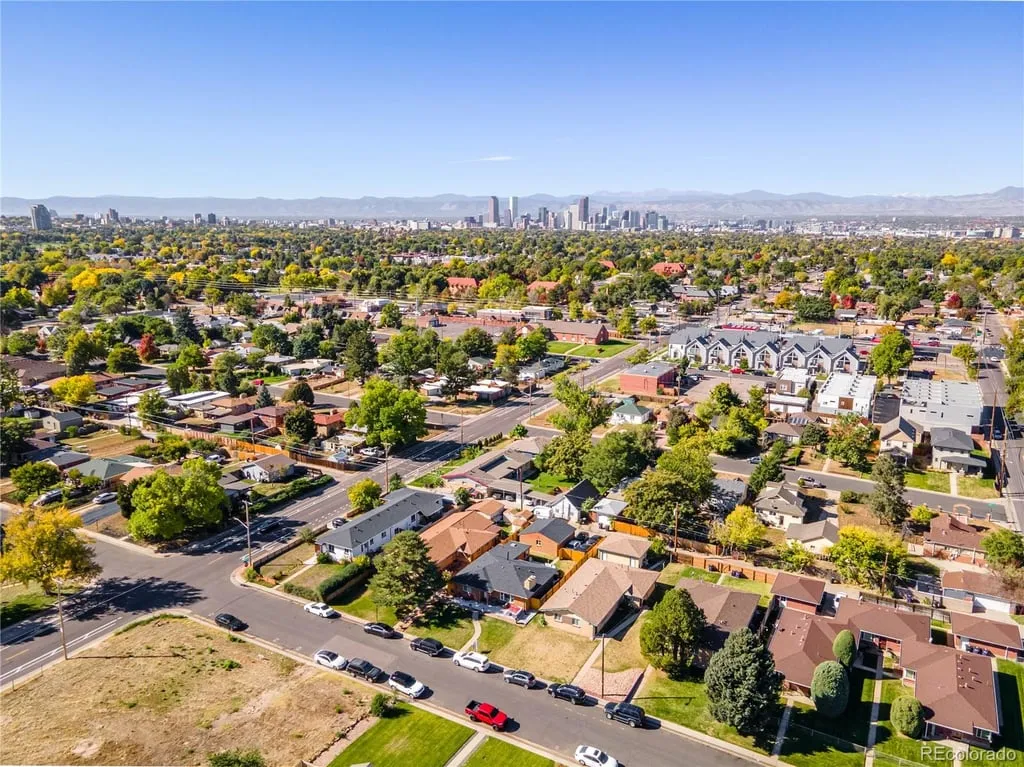
.webp)
.svg)